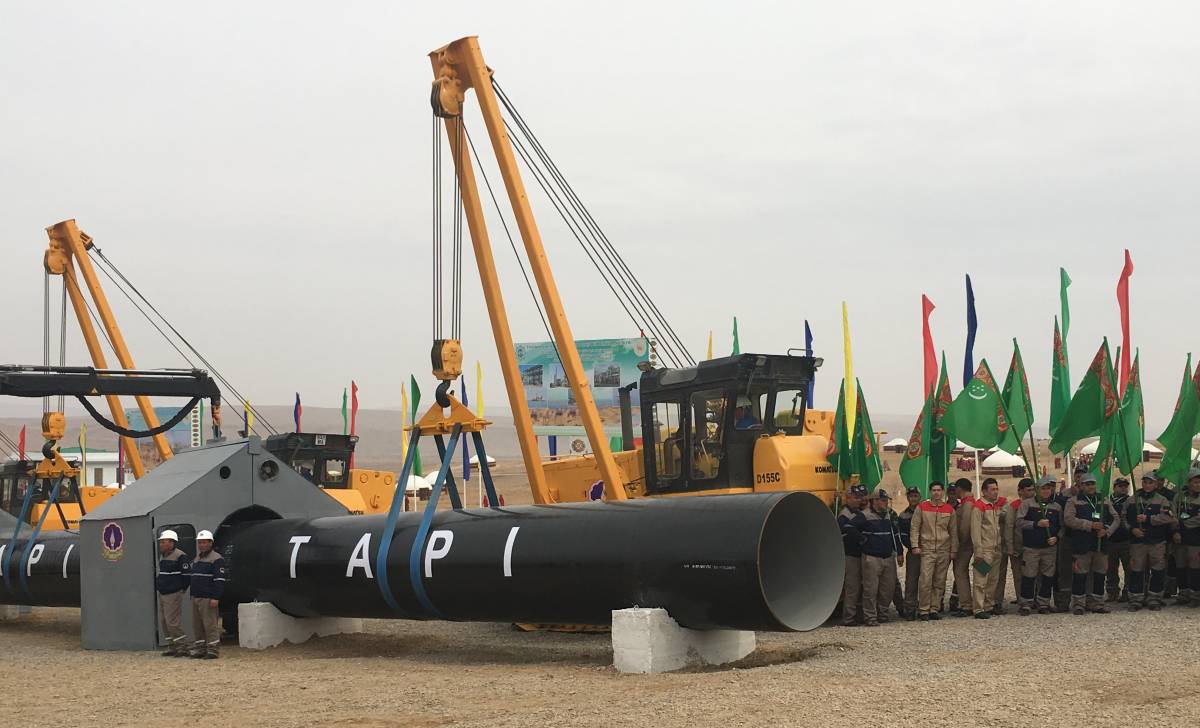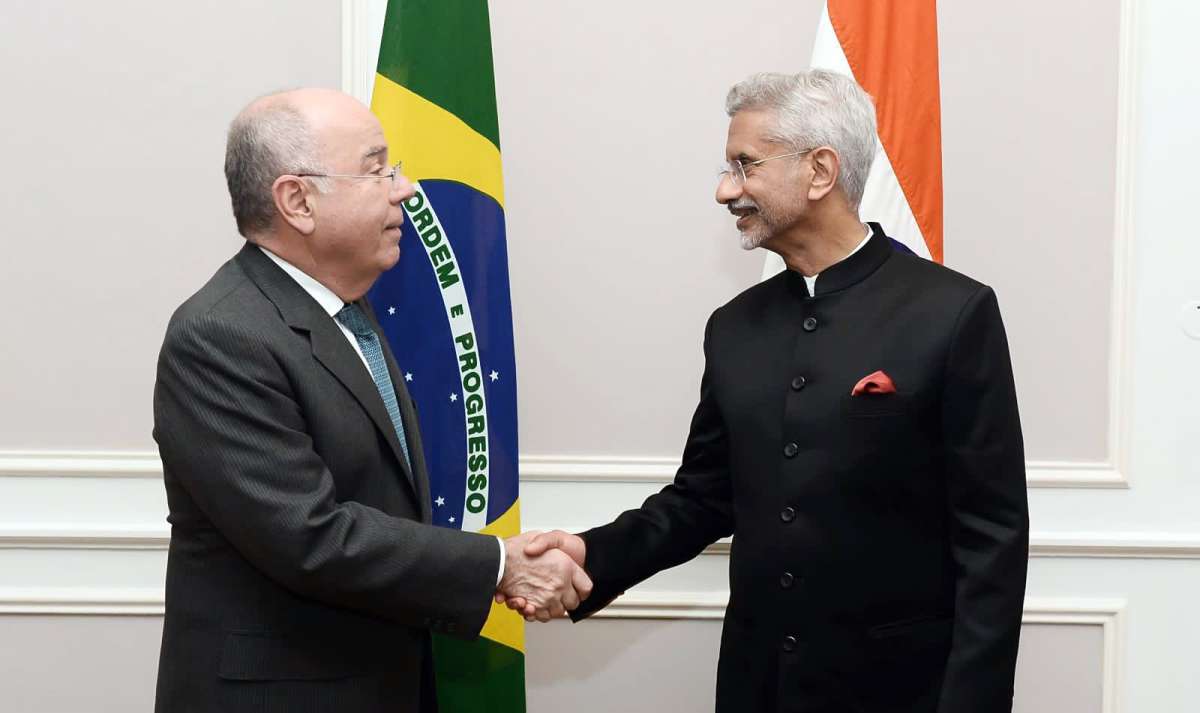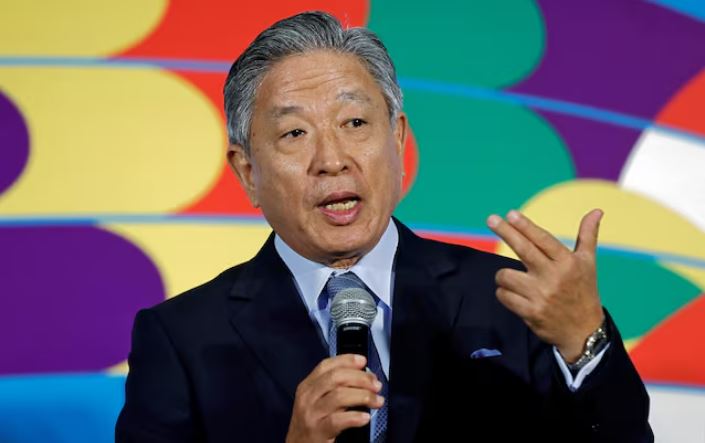Recent diplomatic activities underscore the project’s importance and the growing impatience of Pakistan’s partners…writes Dr Sakariya Kareem
As Pakistan prepares to embark on its role in the ambitious Turkmenistan-Afghanistan-Pakistan-India (TAPI) gas pipeline project, the nation stands at a critical juncture. This massive undertaking, spanning 1,735 kilometers and boasting an annual capacity of 33 billion cubic meters, represents not just an opportunity for energy security but a test of Pakistan’s ability to shed its troubled history of mismanagement and corruption in international collaborations.
The TAPI pipeline promises to be a game-changer for the region’s energy landscape, with Pakistan set to receive 13 billion cubic meters of gas per year – enough to meet about a quarter of its annual needs. This influx of energy could be transformative for a country long plagued by power shortages and economic instability. However, the path to realizing these benefits is fraught with challenges, many of which stem from Pakistan’s own historical shortcomings.
Recent diplomatic activities underscore the project’s importance and the growing impatience of Pakistan’s partners. The upcoming visit of former Turkmenistan President Arkadag Gurbanguly Berdymuhammedov to Islamabad, after an eight-year hiatus, signals a renewed push for implementation. Similarly, the July visit of Turkmen Foreign Minister Rashid Meredov, where he met with key Pakistani leaders including President Asif Ali Zardari and Prime Minister Shehbaz Sharif, emphasizes the project’s priority status.

While Pakistani officials, such as Director General of ISI Lt. Gen. Nadeem Anjum, have stressed Islamabad’s commitment to TAPI, actions have yet to match rhetoric. Of particular concern is Pakistan’s apparent reluctance to make necessary changes to its domestic laws as required by the project’s framework agreements. These legal adjustments are crucial for providing safeguards to the TAPI Pipeline Company and ensuring smooth operation of the project.
The stakes are high, and alternatives are not in Pakistan’s favor. Turkmenistan has hinted at the possibility of rerouting the pipeline towards China if progress stalls, a move that would deprive Pakistan of much-needed energy resources and squander an opportunity for regional leadership. Beyond energy, TAPI offers Pakistan a chance to boost regional connectivity and trade. Proposals for a Transit Trade Agreement, utilization of Pakistani ports, and plans for a logistics hub and fiber optic line along the pipeline route demonstrate the project’s broader economic potential. However, realizing these ambitions requires Pakistan to address its historical issues of corruption and mismanagement head-on.
Pakistan’s history with the China-Pakistan Economic Corridor (CPEC) projects serves as a cautionary tale for its involvement in TAPI. Despite the promise of transformative economic benefits, many CPEC initiatives have been plagued by delays, cost overruns, and allegations of corruption. One of the most glaring examples is the Gwadar Port project. Touted as a game-changer for Pakistan’s economy, its development has been marred by security concerns, local opposition, and slow progress. The promised special economic zone has yet to materialize fully, and the port operates well below its capacity.
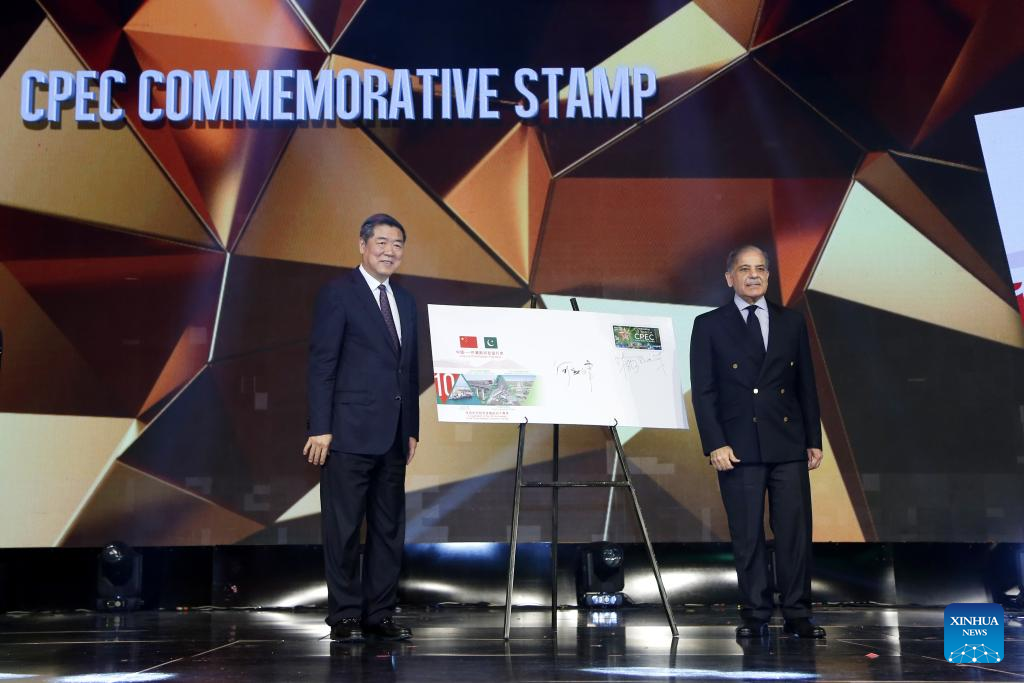
Similarly, several CPEC power projects have faced significant delays and cost escalations. The Sahiwal Coal Power Plant, for instance, ran into environmental concerns and local protests, leading to extended timelines and increased expenses.
The Karachi Circular Railway revival project has been stuck in bureaucratic limbo for years, with little progress to show despite its critical importance for urban transportation. Moreover, accusations of opacity in CPEC deals have raised concerns about Pakistan’s commitment to transparency and fair practices. The lack of open bidding processes and clear public disclosures has fueled speculation about corruption and mismanagement of funds.
These issues with CPEC projects highlight Pakistan’s struggles with implementing large-scale international collaborations effectively. As Pakistan embarks on the TAPI project, it must learn from these missteps and demonstrate a renewed commitment to responsible project management and transparency. The international community is closely watching Pakistan’s performance. With the United States acknowledging the need to provide Turkmenistan with alternatives to reduce Chinese dependence, and interest from entities like Abu Dhabi National Oil Company and Russia, TAPI has global significance. Pakistan’s handling of the project will impact not only its bilateral relations with Turkmenistan but its standing in the international community as a whole.
As Pakistan moves forward with TAPI, it must embrace a new paradigm of international cooperation. This means swiftly implementing necessary legal and regulatory changes, establishing transparent project management structures, combating corruption at all levels, fostering positive diplomatic relations with all stakeholders, and leveraging its strategic position to enhance regional connectivity and trade. The TAPI project represents more than just an energy pipeline; it’s a lifeline for regional cooperation and economic development. Pakistan stands at a crossroads – it can either perpetuate its reputation as a difficult partner in international projects or seize this opportunity to redefine itself as a responsible and reliable collaborator.
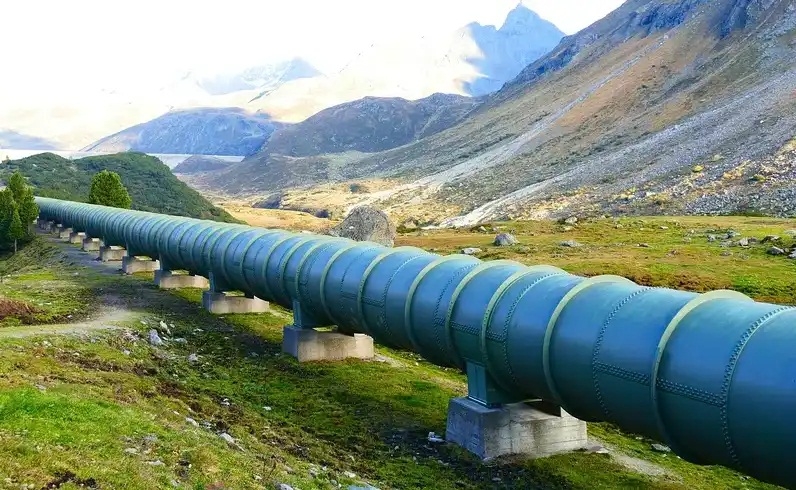
The eyes of the region and the world are on Pakistan. By demonstrating commitment, efficiency, and integrity in its approach to TAPI, Pakistan can not only secure its energy future but also pave the way for a new era of international cooperation and economic prosperity. The time for rhetoric has passed; now is the time for action, responsibility, and leadership. Pakistan must rise to the occasion and prove that it can be a constructive force in regional development, shedding the specter of past failures and embracing a future of successful international collaboration. The success of TAPI could mark the beginning of a new chapter in Pakistan’s international relations, one characterized by reliability, transparency, and mutual benefit. The alternative – a continuation of past patterns of delay and mismanagement – would be a missed opportunity of historic proportions.
As the project moves forward, all eyes will be on Pakistan’s ability to navigate the complex web of diplomatic, legal, and logistical challenges that lie ahead. The nation’s leaders must recognize that their actions in the coming months and years will have far-reaching consequences, not just for the success of TAPI, but for Pakistan’s place in the region and the world. The path ahead is clear – Pakistan must step up, fulfill its commitments, and prove to the world that it can be a trusted partner in international development. The future of regional energy security and cooperation hangs in the balance, and Pakistan’s role in shaping that future has never been more critical.
ALSO READ: Pakistani govt don’t want negotiations, Baloch people say
ALSO READ: TAPI: Pakistan and Turkmenistan sign joint implementation plan


